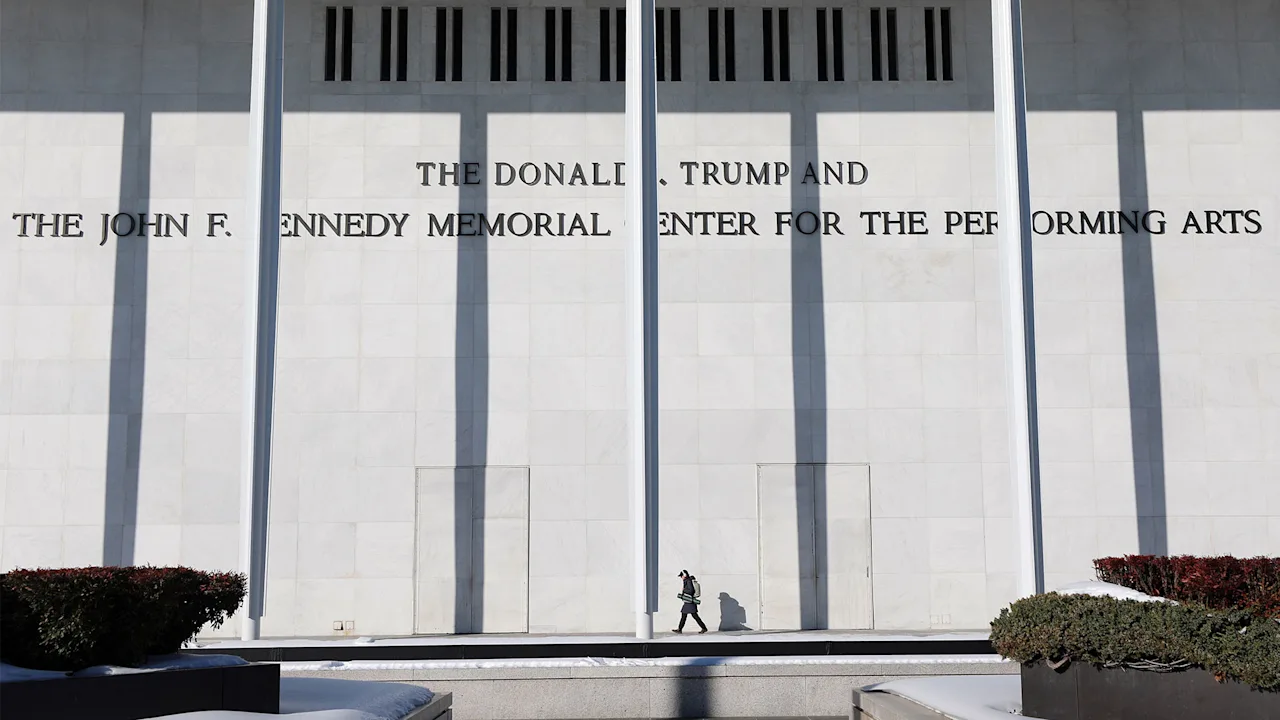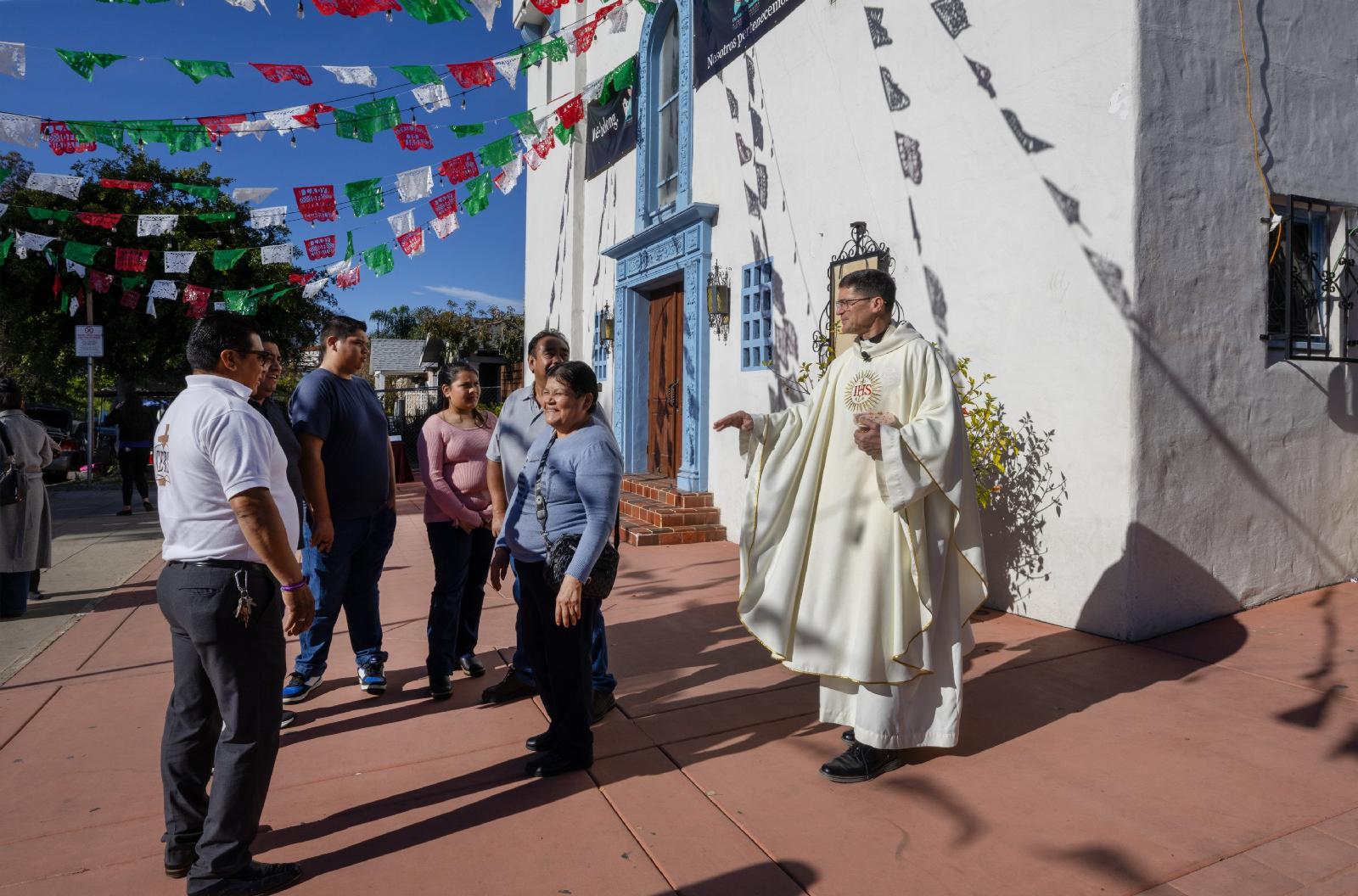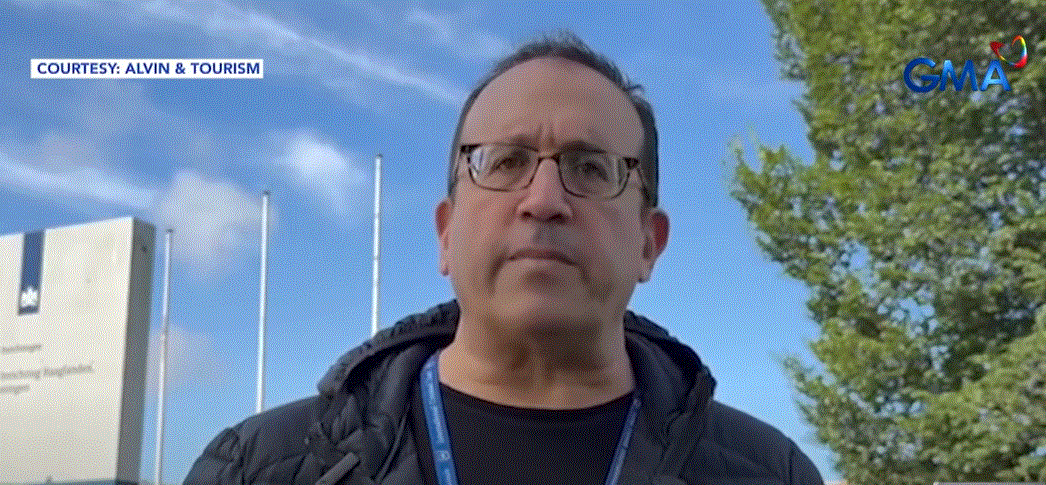By JOVILAND RITA, GMA Integrated News
Stratbase Institute President Victor Andres “Dindo” Manhit said the Konektadong Pinoy Bill if enacted into law, poses risks of foreign surveillance, digital exploitation, and algorithmic manipulation, threatening the country’s national sovereignty.
“The Konektadong Pinoy Bill, in its current form, lacks the critical safeguards to ensure that connectivity does not come at the expense of national security,” Manhit said in a statement on Thursday.
“We cannot trade convenience for control. Without robust digital protections, we are risking mass exposure to surveillance, manipulation, and foreign interference,” he added.
Without cybersecurity and data privacy guardrails, he said the bill could serve as a gateway for malign foreign influence, especially from actors aligned with pro-China narratives.
Manhit suggested the following to counter these risks:
- Fact-based counter-disinformation campaigns
- Evidence-driven public communication strategies
- Grassroots digital literacy programs
- Regular cybersecurity audits and red teaming
- Strategic partnerships with trusted democratic allies
Manhit called on Congress to improve the framework of the Konektadong Pinoy Bill and mandate stringent cybersecurity standards, transparency measures, and accountability mechanisms.
“A bill this far-reaching should not be blind to the geopolitical context in which we operate. If it lacks cybersecurity protocols and user data protection, it becomes a Trojan horse for adversarial state actors,” he said.
“Connecting citizens must not mean exposing them to surveillance. Anything less is a threat to our sovereignty,” he added.
The Department of Information and Communications Technology (DICT) earlier addressed several issues concerning the Konektadong Pinoy Bill, saying it welcomes the public dialogue surrounding the measure.
“The DICT, in coordination with national security agencies, will ensure that no foreign-controlled entity gains access to critical digital infrastructure without undergoing multi-layered vetting and continuous monitoring,” the DICT said.
“The bill introduces open access within defined segments — particularly the middle mile and last mile — to address the broadband gap. But backbone and core infrastructure remain governed by existing ownership and security laws, including the Public Service Act and Cybercrime Prevention Act,” it added. —VAL, GMA Integrated News






_2025_07_12_19_30_14.jpg)










Leave a comment